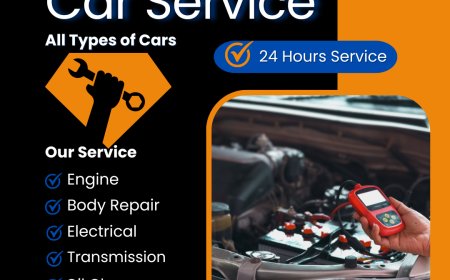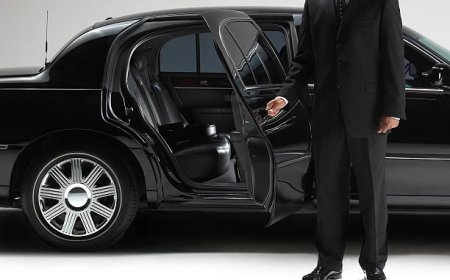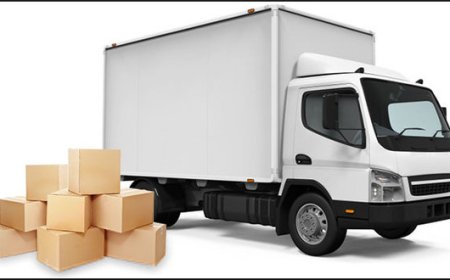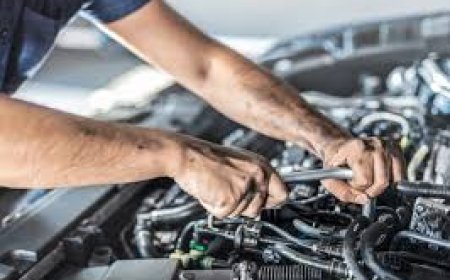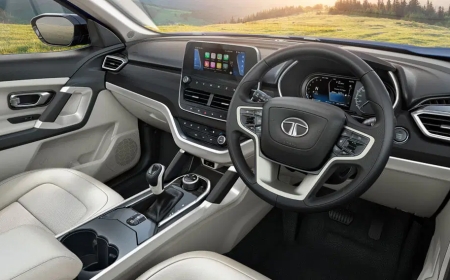Used vs New: Which Heavy Equipment Investment Actually Pays Off?
Explore the pros and cons of buying used vs new heavy equipment cost, depreciation, reliability, and resale value, to make a smart investment decision.
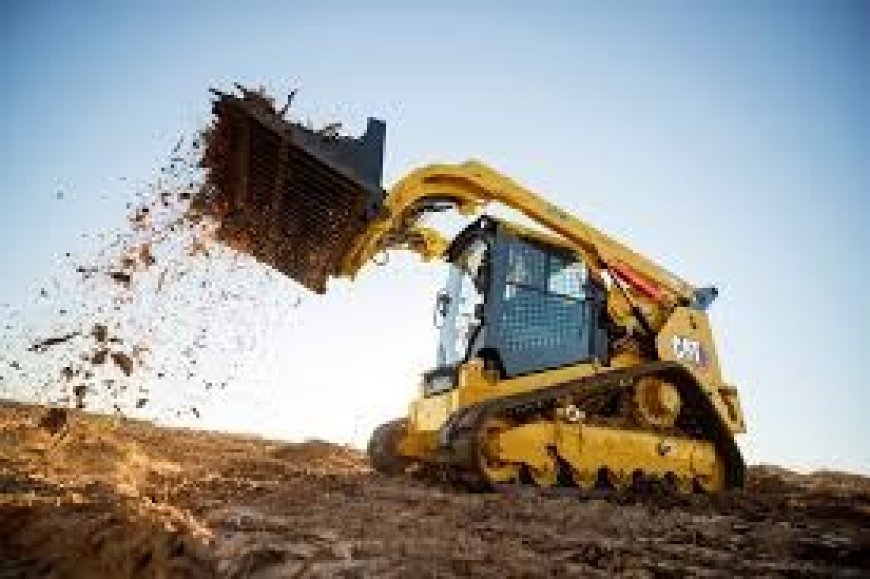
The success or failure of construction projects heavily depends on investing in appropriate equipment within the field of infrastructure development. Contractors and fleet managers need to determine whether to buy new machinery or get used heavy equipment for their operations. People interested in used heavy equipment find attractive financial benefits that contrast with the new equipment benefits of advanced technology, along with warranties. Your investment success depends on correctly weighing both new and used heavy equipment options to find the best choice for your budget needs and business objectives.
Weighing the Upfront Cost
Cost represents the most evident variable behind this decision-making process. The initial price of new heavy equipment remains too expensive for many businesses due to small company size or limited financial resources. The purchase of new machinery requires substantial capital investment that locks up funds that should support different business needs. Users of used equipment benefit from purchasing costs that are significantly reduced from what new equipment would cost. The reduced initial investment requirement provides purchasing opportunities to more potential buyers and enables businesses to develop their operations without risking excessive financial burdens.
The Depreciation Dilemma
The process of depreciation works better with used equipment options. High-value equipment loses a substantial portion of its value over the first years after the original purchase. A fresh machine tends to lose between 20 and 40% of its initial worth during its first year of ownership. Used equipment purchase enables you to benefit from depreciation losses already incurred by previous owners, so you can obtain the item at a market-based price. Your investment in used construction equipment demonstrates better durability because its value maintains stability in the marketplace, thus minimizing financial losses when you decide to resell it later.
Reliability and Risk Assessment
The need for operational reliability stands as the main reason people choose new equipment. Modern equipment incorporates the most up-to-date features that enhance both operational performance and operator well-being as well as operational safety. Manufacturers provide standard warranties with their products to protect buyers from mechanical breakdowns. The reliability of utilized equipment remains high when machines possess documented service records and minimal operating time. Improved diagnostic systems combined with telematics technology now enable better evaluation of used machine condition, which leads to increased buyer confidence.
Maintenance and Repair Realities
The prices for repairing equipment stand at opposite ends for fresh models and old models. A warranty program attached to new machines ensures minimal repairs throughout the first period, while parts replacements fall under a contractual agreement. The cost of post-warranty maintenance increases because of modern technological complexity. The maintenance duties between new and used heavy equipment differ because replacement parts from used construction equipment are less expensive, although they demand more regular servicing efforts. Operators who have worked with classic models usually understand these systems, which results in reduced diagnostic and maintenance expenses for operators and mechanics.
Technology and Modernization
New equipment acquisitions obtain their main advantage from current technological advancements. New machines come with automated controls and fuel efficiency systems, and advanced GPS grading and telematics features that enhance operational safety standards and increase productivity levels. Organizations engaging in competitive innovation must utilize resources to buy modern equipment. Organizations lower modernization expenses by using affordable second-hand equipment equipped with modern technology features to gain some new equipment benefits.
Resale Value and Long-Term Gains
Before buying heavy equipment, buyers consider its expected resale value as a major decision factor. A brand-new machine loses its worth quickly during production until it drops below the original purchase cost. The market value of used equipment stays higher than new heavy equipment because it decreases steadily in worth over time. Since heavy equipment keeps a strong resale value, buyers can make money from selling it to upgrade or simply recover their investment. Buyers can recover their investment money at resale when they maintain their machines properly and keep accurate records.
Environmental Considerations in Equipment Choice
The construction industry now places environmental impact on the same level as financial performance and equipment performance. Current equipment models fulfill greater emissions requirements, along with energy-saving systems that minimize fuel use and environmental impact. The purchase of used equipment functions as a sustainable alternative because it helps machines remain operational for longer and prevents new unit production costs to the environment. The assessment of environmental effects from your investment strengthens sustainability practices in your company and may qualify your organization for green certifications as well as government subsidies.
Making the Right Call for Your Business
Your business decision about using used or new heavy equipment will depend on how it meets your operational requirements, together with your financial situation and future business development plans. Large-scale contractors who have financial capacity, along with technological requirements, will likely obtain the best results from new equipment purchases. Small businesses and fleet operators on tight budgets should choose used machines because they find the right combination of affordability and operational performance, and dependability. Businesses can strengthen their operations throughout multiple years by making thorough considerations about the total cost of ownership and projected use, and possible resale values.





























